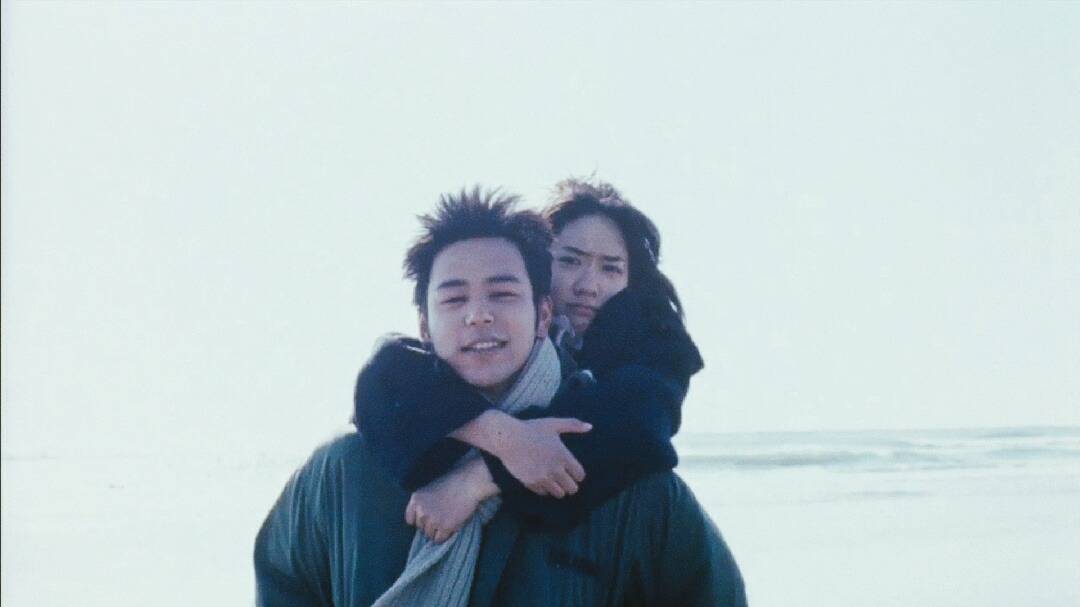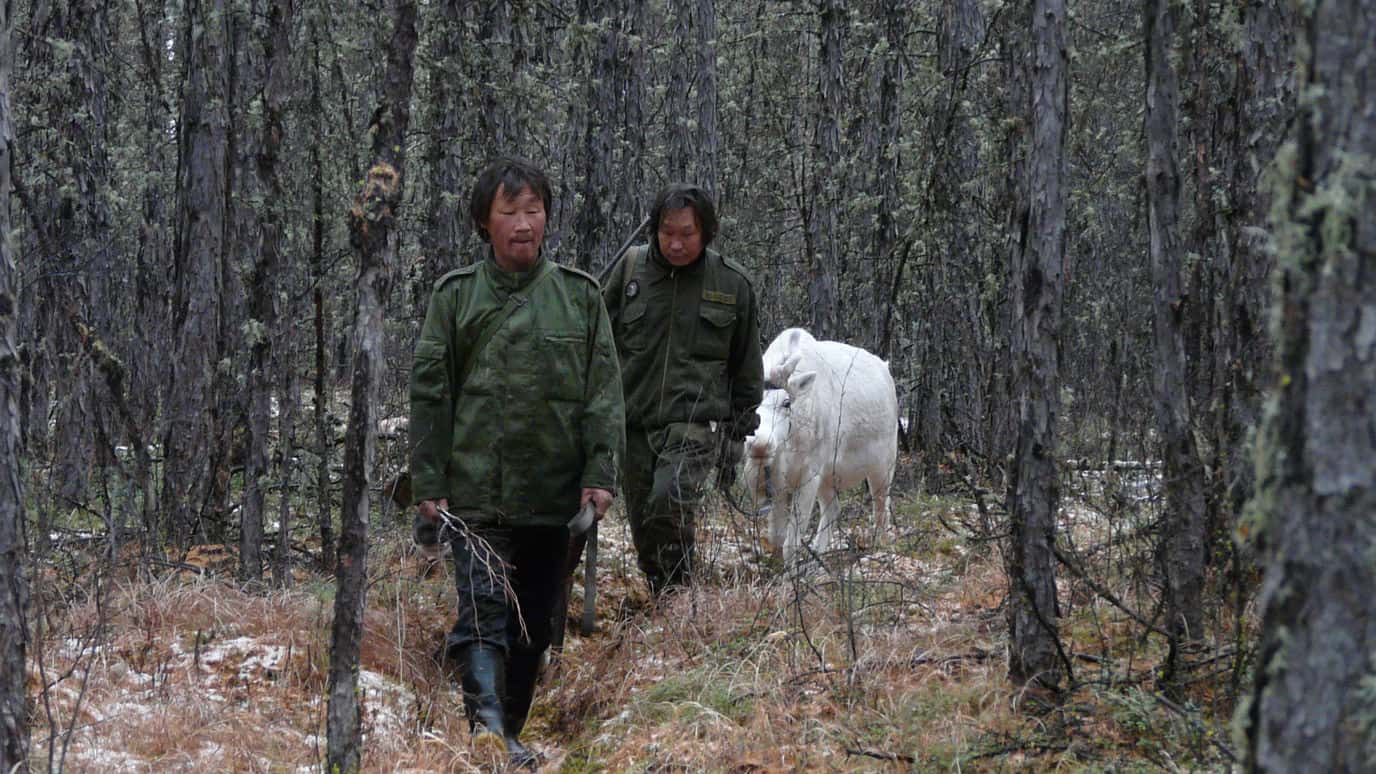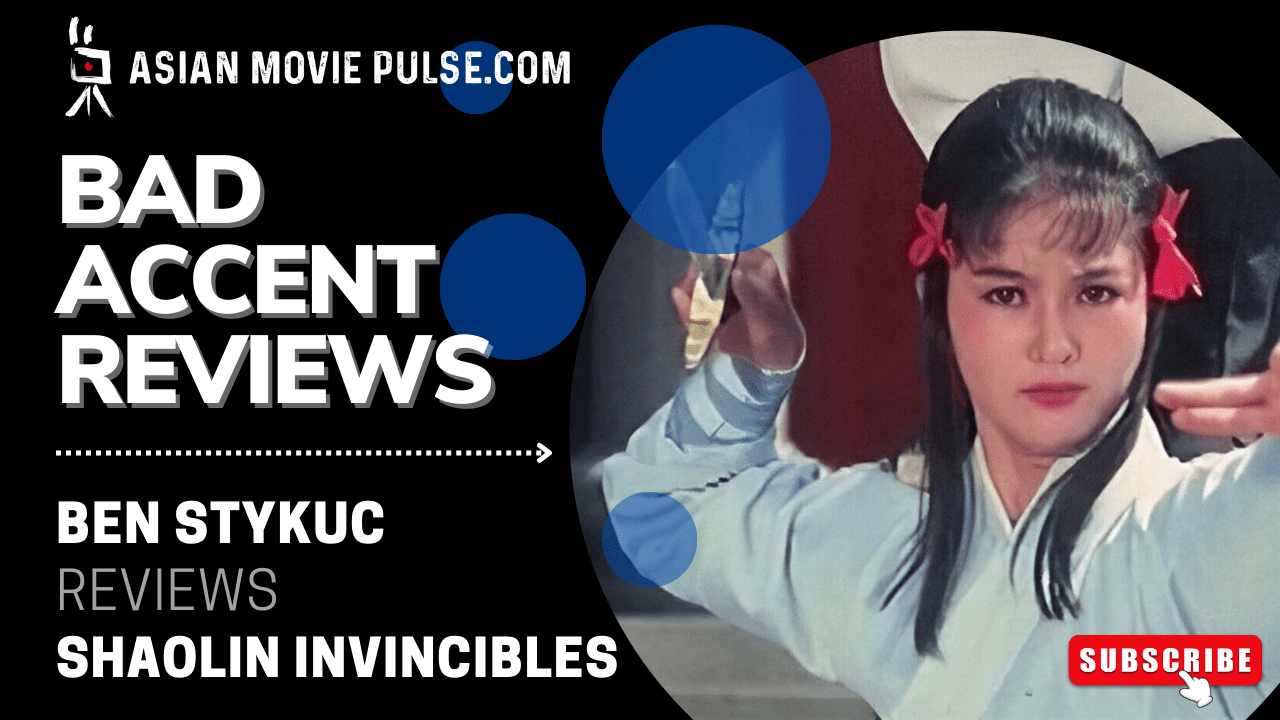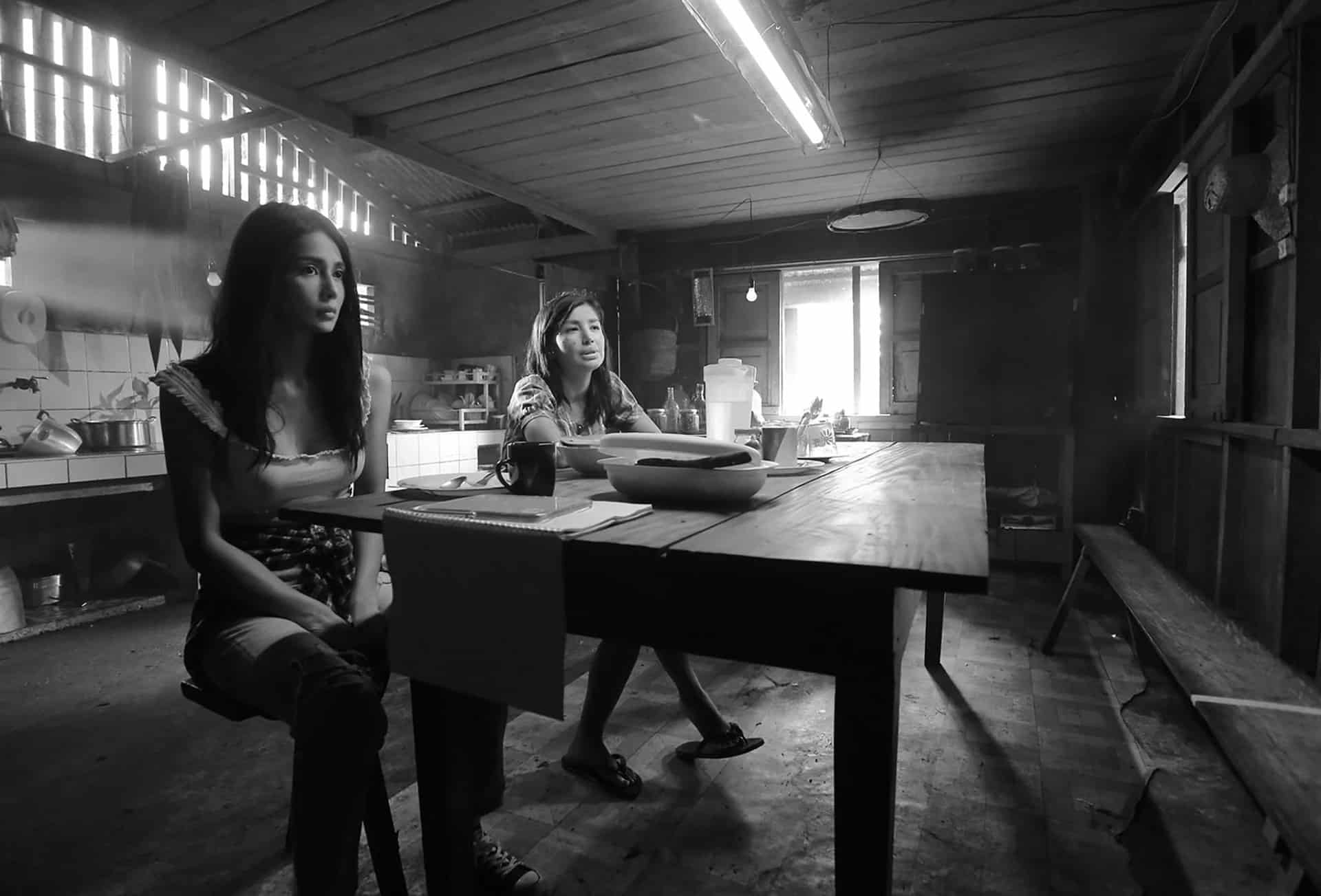Based on the 1984 short story by Japanese author Seiko Tanabe, Isshin Inudo's “Josee, the Tiger and the Fish” was released in 2003. The story has experienced a bit of a revival of late, what with a South Korean adaptation from Kim Jong-kwan and an anime version from director Kotaro Tamura both being released in 2020. What better time then to re-visit the original adaptation and see how it fares almost two decades on?
Josee, the Tiger and the Fish is screening at Japan Society
While walking his boss' dog one morning, care-free university student Tsuneo (Satoshi Tsumabuki) stumbles upon a strange elderly woman (Eiko Shinya) who's been seen pushing around a baby carriage for the better part of ten years. Much to his surprise, inside the carriage is the woman's adult granddaughter, Kimiko (Chizuru Ikewaki), a sufferer of cerebral palsy who's lost the use of her legs. Initially visiting the pair to enjoy the old lady's cooking, Tsuneo soon develops a closer relationship with Kimiko, who prefers the name Josee, than either of them might have anticipated.
“Josee, the Tiger and the Fish” begins in rather typical fashion, with a boy meets girl scenario that soon leads to a quirky romance. For the first half of the film, this premise is quite enjoyable, with the narrative following the expected beats. The relationship between Josee and her gran makes for one of the more interesting conflicts, and Tsuneo being thrown in as a spanner in the works leads to some tense yet heartfelt exchanges.
However, in its second half, the film loses narrative direction and falls into meandering territory. The pacing drops off considerably as many of the early conflicts are already resolved, leaving little to be invested in for the remainder of the feature. While a couple of new plot threads are opened up throughout the rest of the movie, none of them are as engaging as what has already come before. It would be fair to say that the story is stretched far too thin to justify the nearly two-hour runtime.
The movie tackles the idea of self-worth, particularly with regards to the disabled Josee. Time and time again she's faced with the idea that she's ‘damaged goods', something that she must choose not to believe if she's to enjoy any quality of life. However, this narrative theme is often secondary to tired relationship melodrama that doesn't always involve the titular character.
This drift in focus introduces what's most challenging to look past in “Josee, the Tiger and the Fish”, and that is just how unlikeable Tsuneo is as a protagonist. While not an inherently bad individual, you never get the feeling that the character is acting out of anything more than selfish means. From his initial motivations for visiting Josee to his eventual relationship with her, it's clear that he only has his own interests at heart. This representation might work if selfishness was the point of the character, but this doesn't seem to be the case, as he's often portrayed in a sympathetic and even heroic light. Choosing to tell the narrative from this viewpoint diminishes Josee's character and buries the more compelling plot elements.
Tsuneo's characterisation is one of the main problems with how the rest of the story plays out, particularly the immensely unsatisfying ending. There is by no means a requirement for romance movies to wrap up nicely in a heart-warming manner, with some genre favourites being particularly dour. However, such an ending needs to have a purpose, and at least for this reviewer, there was none to be found. Any affection you have for Tsuneo is surely severed come the abrupt finale, and while there's clearly something to be said about where Josee ends up, her rushed resolution contradicts how the character was represented mere minutes earlier. Overall, the muddled climax leaves you groaning in frustration rather than basking in the intended bitter-sweetness.

The film's saving grace is the charming performances from Satoshi Tsumabuki and Chizuru Ikewaki. The pair have excellent chemistry throughout as they develop a gratifying relationship that blossoms organically. The biting back and forth between the two, what with Ikewaki's comedically blunt line delivery, is sweet and humorous, making it hard to dislike the pair whenever they share the screen. Enjoyable also is Juri Ueno, who, as Kanae, goes through one of the movie's more interesting arcs that demands the actress to show off both her nice and nasty sides.
Considering the simple story being told, director Inudo does play with the visuals enough to keep the film sporadically engaging. A series of photographs that cryptically tease events to come makes for an attention-grabbing opening, while the later incorporation of special effects allows for a handful of interesting shots. The filmmaker also shows his prowess for the cinematic as several emotionally-heavy scenes are beautifully lit and accompanied by a swelling score from the music group Quruli. Unfortunately, these moments are too few and far between to make up for the mostly stagnant second half.
Given the potential of the narrative, “Josee, the Tiger and the Fish” is a bit of a disappointment. While the film delivers on the clichés of its premise in a charming manner initially, the story soon devolves into monotony, which is accentuated by a protagonist who is hard to get behind. Strong performances from Tsumabuki and Ikewaki as well as a handful of interesting visual choices paper over the cracks, but not enough to make up for the lacklustre narrative.














